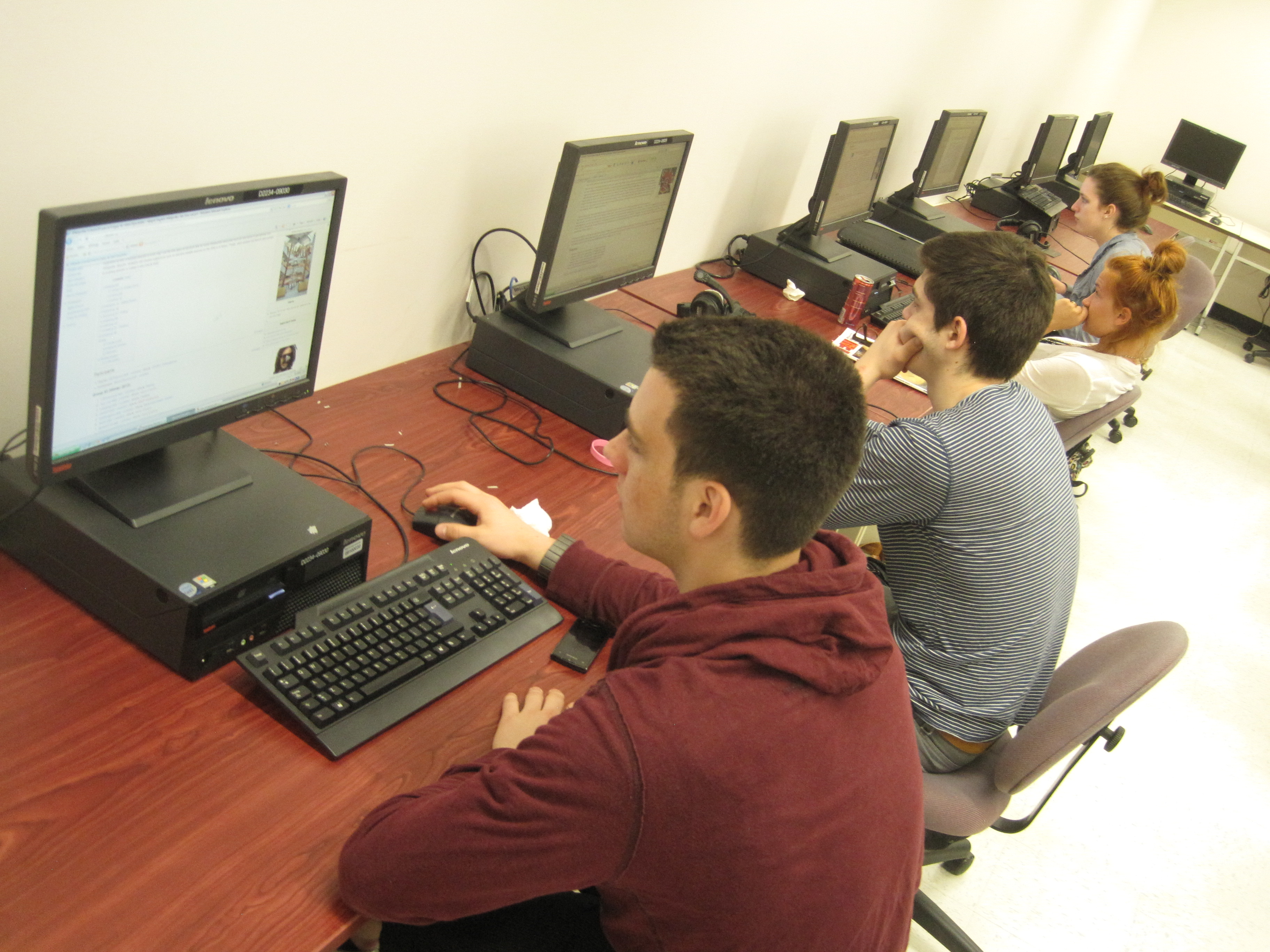Provost David Nystrom confirmed that Biola is working on new approaches to digital education that will ideally be implemented over the next several years. This news comes one week after the President’s Administrative Council press conference discussed the future of online classes.
FUTURE OF ONLINE CLASSES
“We believe there are folks around the world who would like to take advantage of or access Biola educational content but simply can’t — too far away, too expensive, whatever,” Nystrom said. “So we realize that to be faithful to our call, we need to explore and become somewhat adept at digitally delivered educational content.”
One of the ways this change will occur is through a program called Smart Start, which was inaugurated at Biola this past summer. This allowed incoming freshmen to take BBST 103 and BBST 105 — both required undergraduate Bible classes — online over the summer at a lower tuition rate, according to Ron Hannaford, director of distance learning.
“It was at a reduced cost to the students, so they could get a jump start on the 30 units they need to be doing,” Hannaford said. “We want to try and help facilitate early completion of students’ work.”
ONLINE CLASSES COMMON IN HIGHER EDUCATION
As online classes become more common in higher education, Nystrom said Biola is looking to provide general education classes that are at least partially virtual, as well as entire Master’s degree courses. Part of the reasoning behind these changes are both affordability and making sure students finish school within four years.
“What if they could take two classes a summer while they went home, had their job … but they got eight credits worth of work done? That would help them get through faster … and we could price it at a different rate,” Nystrom said. “It’s cheaper than paying for it here. It will give us options to make college more affordable.”
He noted that “flipped classrooms” — classes that focus on delivering digital content combined with in-class discussion — are growing in popularity.
However, Nystrom stressed that a gradual shift toward virtualism should only be done in order to make the class more accessible and effective, rather than just in an effort to capitalize on unnecessary degree programs.
“If there are four other Christian universities out there doing something, do we really need to do that?” he said. “Would our doing it only effectively push someone else out of the market? Is that a good use of the resources of the kingdom of God broadly, not just ourselves?”
As of yet, no plans have been set in stone. Nystrom said the PAC hopes to see these changes take place within a few years. In the meantime, Hannaford sees the overall mission of distance learning as a service to people beyond Biola.
“It will take Biola-specific programs and things that are really unique to Biola to the broader spheres beyond this campus, which is what we’re really hoping to do, to serve the global community and the global church,” Hannaford said.




.JPG)



